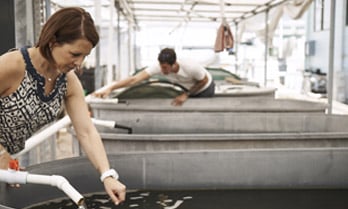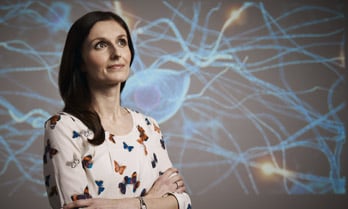







01 December 2022
Healthy humans need healthy environments
Time spent in nature has measurable physical and psychological health benefits, providing compelling reasons to conserve nature in urban areas. People who regularly spend time in nature experience improved psychological wellbeing (mental restoration and lower stress levels), a reduced risk of cardiovascular diseases, and greater opportunities for socialization and physical activity.
With the world rapidly moving towards digitalization and urbanization, it is becoming increasingly difficult to find an oasis of greenery amidst our concrete jungles. So, how do we ensure that we make the most of our time spent outdoors?
Research has shown that wellbeing is directly influenced by the quality of these natural spaces—as determined by the biodiversity and health of natural species in these areas. We now know that higher biodiversity in areas dominated by plants, or ‘green spaces’, is directly correlated with higher psychological and physical wellbeing. However, these relationships have not yet been explored in ecological spaces dominated by water bodies or ‘blue spaces’.
While the health benefits of nature are increasingly understood, it remains unknown if these benefits increase with the ecological quality (i.e., biodiversity and organismal health) of habitats. Natural spaces with higher biodiversity are deemed to be of higher quality which may confer greater health benefits, providing a rare win-win conservation opportunity.
“I feel that I am my best self when I am near nature. As an environmental physiologist, I am driven by my passion to conserve nature. I hope that my research motivates everyone to care about the environment,” said Dr. Rodgers.
Dr Essie Rodgers is working towards understanding how the quality of urban blue spaces can influence our wellbeing. Using a range of high-throughput molecular techniques, Dr. Rodgers will assess the number of species populating blue spaces and the health of organisms in the space. With the help of verified survey questions, Dr. Rodgers will gather data about the mental and physical health of individuals in the vicinity of blue spaces.
Essie’s work will deliver novel insights into the links between ecosystem health and human health, whilst also providing local and international governments with the knowledge necessary for evidence-based conservation planning.